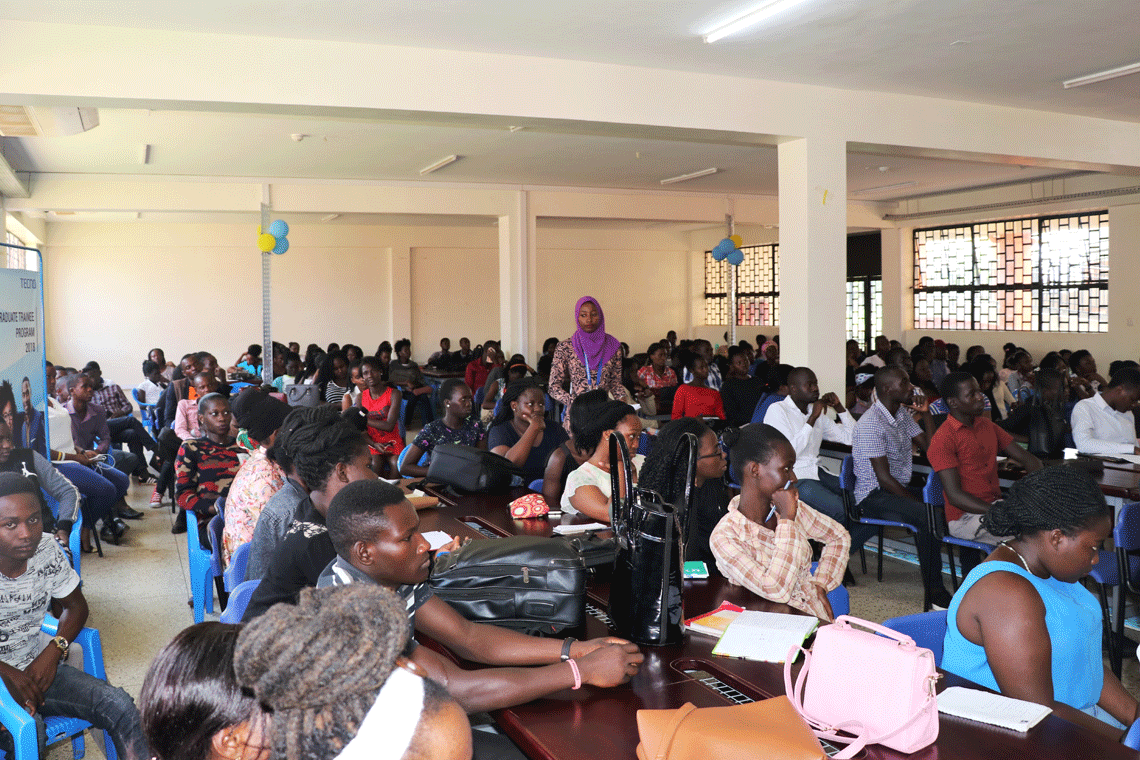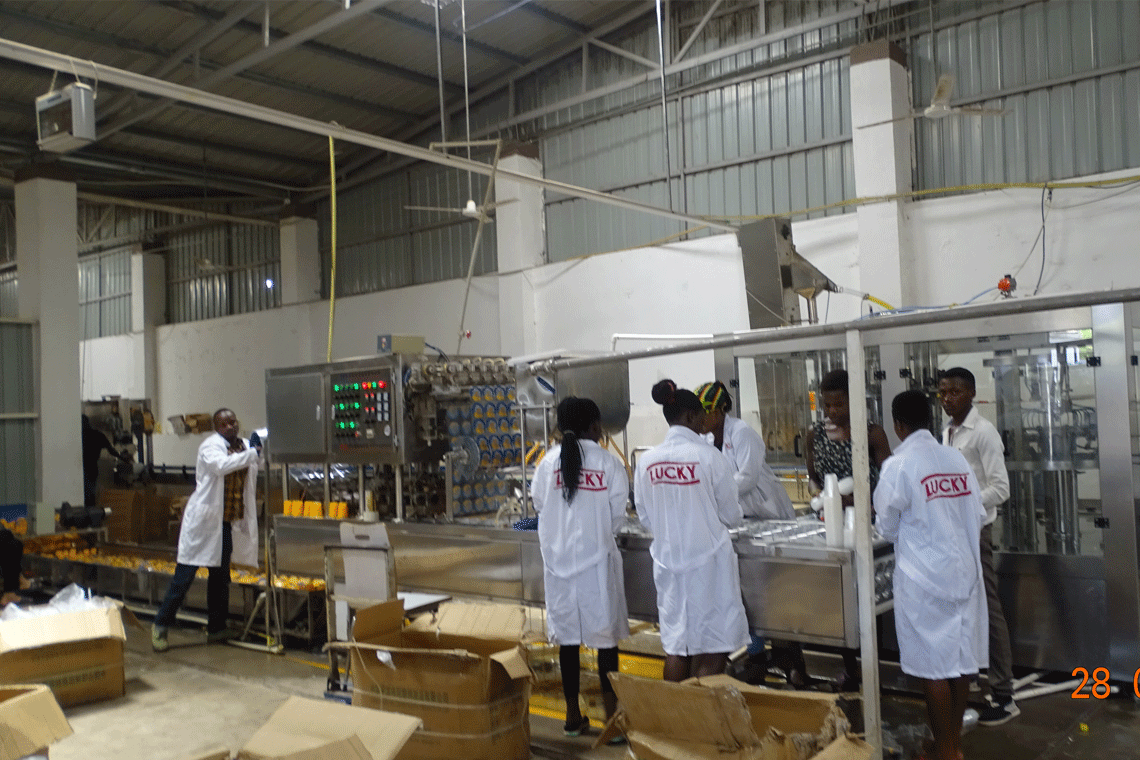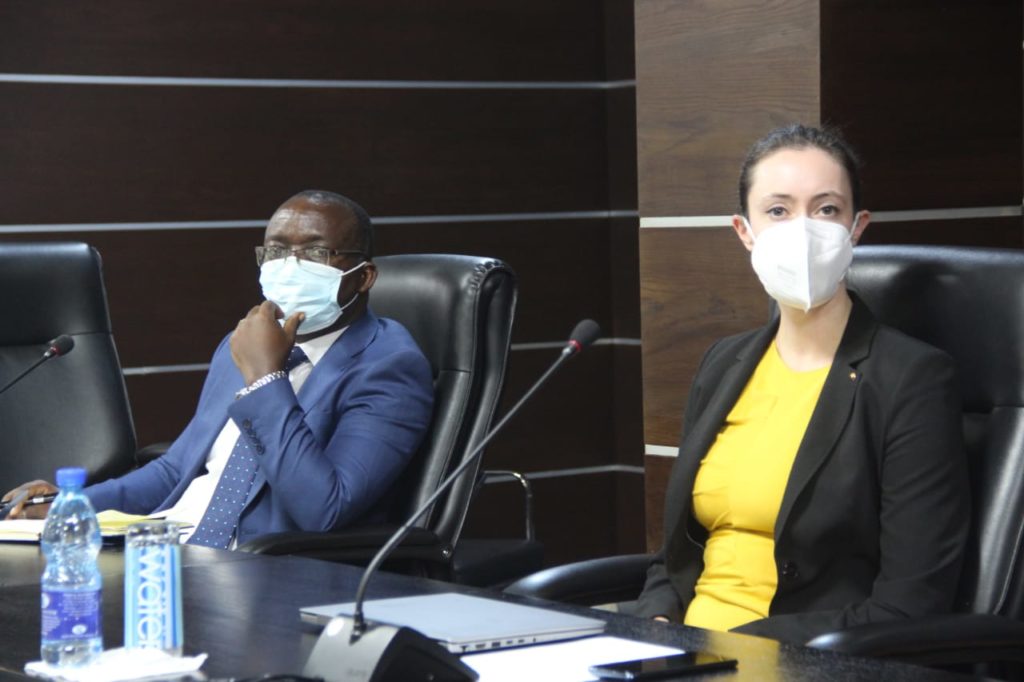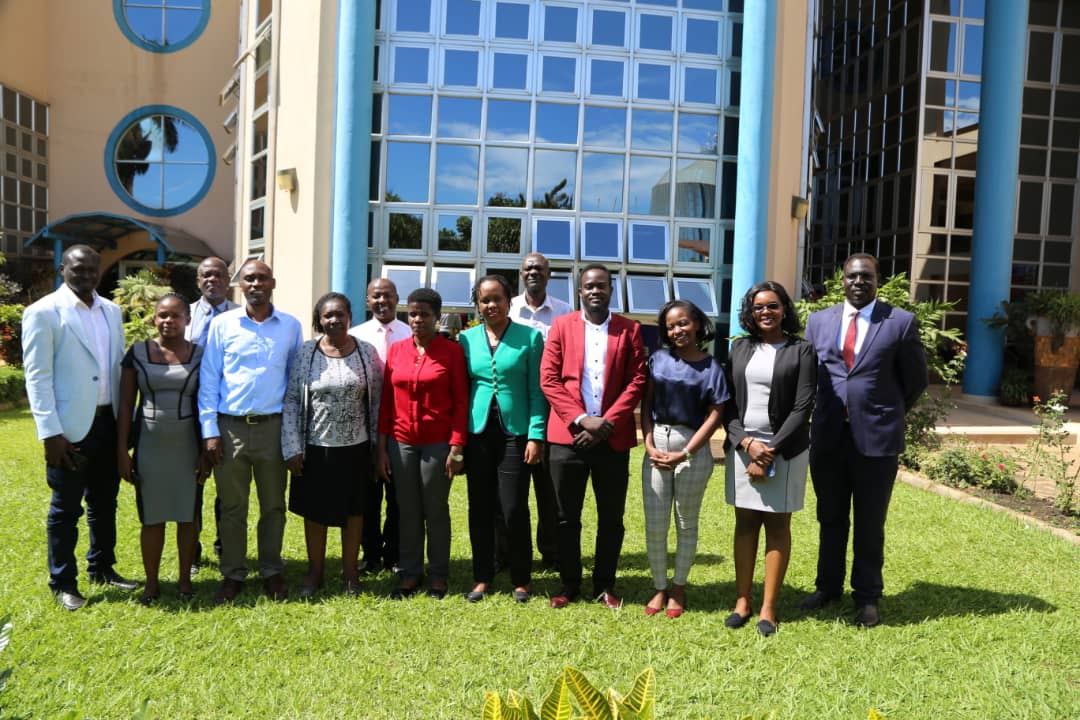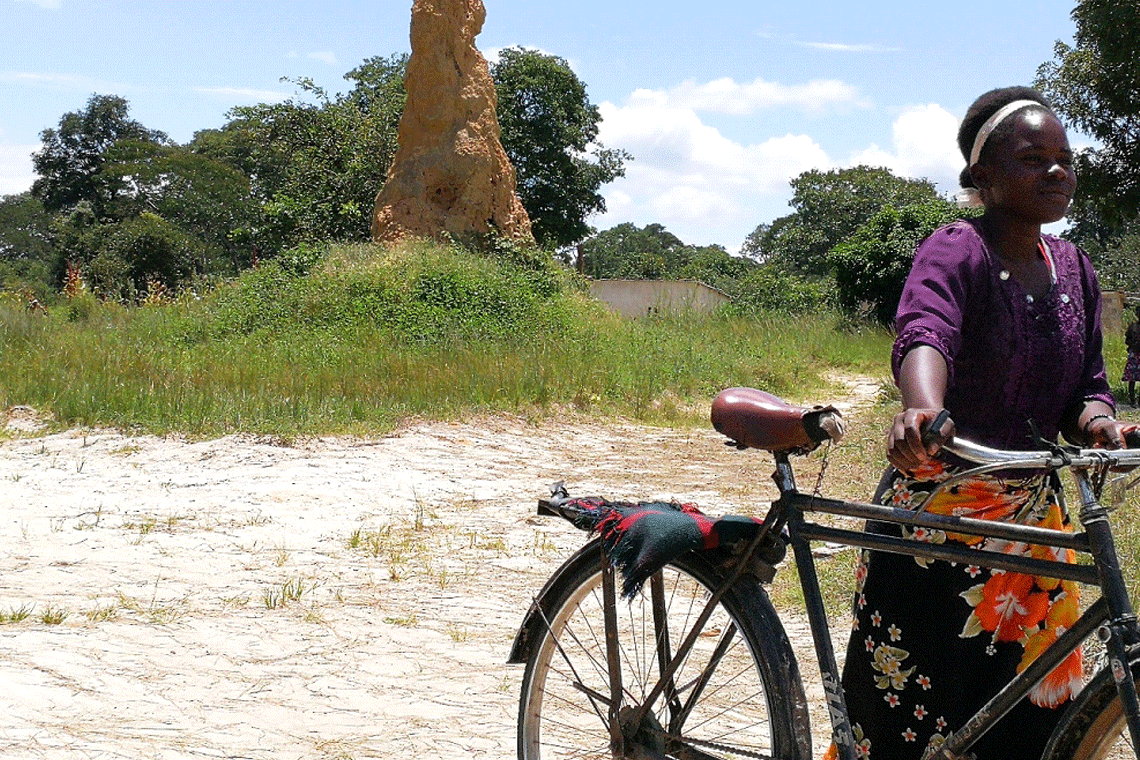Are you eating livestock meat? How much of it? Where do you buy it from? There is a warning by World Animal Protection, ladies and gentlemen! Industrial Livestock Production systems are cruel to the animals that they produce, hence causing sickness and death to humans!.
But its man’s own problem and if not regulated, expect more problems in terms of human deaths numbers globally, by year 2050. Dr. Victor Yamo, Farming Campaigns Manager, World Animal Protection keenly sees human livestock farming and animal cruelty behaviors as a big blow to human health and the biggest cause of mortality rates in Africa and at the globe as well.
Behaviors such as ‘Factory farming’ including terrestrial farms involving animals such as pigs, cows, chickens, and sheep, and Aquaculture in which large numbers of them are stocked, confined and raised in smaller spaces, causes animal suffering or cruelty which brings a torrid emergence of Antimicrobial Resistance in Africa.
Factory farm, or industrialized farm where large numbers of livestock are raised indoors in poor conditions, are intended to maximize production at minimal cost to whoever does it. Here we can talk of Biyinzika, YoKuku, and UGachick among other companies that have successfully practiced large scale livestock production in Uganda. They should check on the conditions they rear, feed, produce and stock their livestock or else they could be doing a great job cutting on people’s lives.
If they grow their livestock with suffering and cruelty, it could cause health problems due to Antimicrobial Resistance. In Africa, AMR has already been documented to be a problem for HIV and the pathogens that cause malaria, tuberculosis, typhoid, cholera, meningitis, gonorrhea, and dysentery. Recognizing the urgent need for action, the World Health Assembly adopted the Global Action Plan on Antimicrobial Resistance in May 2015.
Governments looking on
The emergence of Antimicrobial Resistance in Africa is driven by weak regulatory capacity of government agencies charged with the responsibility of managing the production, registration, distribution and utilization of these products leading to the rampant misuse of these products. For instance, the law requires that antimicrobial drugs be purchased against a prescription, but farmers can purchase the same over the counter without a prescription.
Dr. Yamo contends that the situation is further compounded by the inadequate extension personnel on the ground to advise the farming community on innovative and good animal welfare, animal husbandry and animal health practices such as good biosecurity, proper nutrition, housing, stocking densities, hygiene & sanitation and infection, prevention & control (IPC) strategies which would render the need for use of antimicrobial drugs unnecessary.
Hidden Health Impacts
Industrial Livestock Production Systems in Africa have such grave hidden health impacts. Research findings released April 2021 by World Animal Protection, laid bare the most damaging human health impacts linked to industrial livestock production systems, including emergence of Antimicrobial Resistance (AMR), increased zoonotic pathogens and rising human illnesses from consumption of livestock derived foods containing food safety hazards in Africa.
The report; `The Hidden Health Impacts of Industrial Livestock Systems,` exposes how governments around the world are turning a blind eye to the public health toll of factory farming as well as the suffering of billions of farmed animals. The report builds on the concept of five pathways “through which food systems negatively affect our health” as outlined by the World Health Organization (WHO) in their 2021 report Food Systems Delivering Better Health.
It further shows how these negative health impacts will only get worse as the demand for meat continues to grow. For instance, by 2030, meat consumption is projected to grow by 30% in Africa. This skyrocketing demand has billions of stressed animals mutilated and confined to cramped and barren cages or pens for their whole lives. Over seventy percent of the 80 billion land animals farmed globally are raised and slaughtered within cruel industrial livestock production systems annually.
World Animal Protection details how these negative health impacts are directly linked to industrial livestock production systems, characterized by substandard husbandry practices and poor animal welfare, and has further identified that African Governments are most significantly fueling the emergence of antimicrobial resistance (AMR) and increasing foodborne illnesses.
The health threat
The same report highlights that three-quarters of the world’s antibiotics are used in farmed animals, either to prevent them getting sick, promote fast growth or treat disease – a practice driving the emergence of superbugs (antimicrobial resistant bacteria), which leaves humans less able to fight infections.
New research has found that 1.27 million people die each year from superbugs, and it is estimated that by 2050 this will be the leading cause of death globally. On top of this threat, industrial livestock production systems squash animals into tightly packed sheds, risking disease like swine flu or bird flu that can jump to humans.
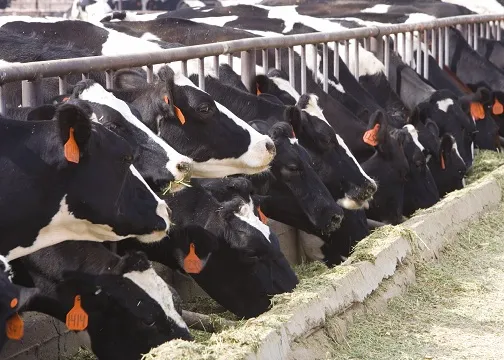
Animals cruelly packed in such shades are often immensely stressed leaving them prone to infection by bacteria or parasites that can cause foodborne illness in humans, such as Salmonella. An estimated 35% of all foodborne diseases globally are linked to meat, dairy or eggs, which is costing lower income countries billions of dollars annually in lost productivity and medical expenses.
Scientist at the International Livestock Research Institute (ILRI) in Africa (Nairobi) continues to warn that “Industrial livestock farming requiring the production of a high density of genetically homogenous animals, leads to the quick spread of diseases-many of which can directly affect human health. However, the health of farmed animals and their environment must be a high priority for the public health sector. Sustainable food systems which promote good animal health and welfare, and environmental protection, will directly protect human health.
Good subsidies practices
Systemic shifts are needed to deliver the biggest health gains for our population. Some of those include re-orientating subsidies away from factory farming towards humane and sustainable practices, improving affordability of plant-based foods, and providing transition support for farmers no longer wishing to engage in factory farming.
Call on Governments
To make these shifts, World Animal Protection is calling for African governments to impose a moratorium on Industrial livestock production systems, introduce and enforce higher farmed animal welfare standards like the Farm Animals Responsible Minimum Standards (FARMS) Industrial Livestock Production systems are not only cruel to the animals that they produce but are also making humans sick.
Cheap but Costly
On the surface, the meat, eggs, fish and dairy products produced by these systems seem cheap, but they are costing human’s health and governments trillions of dollars each year to mop up the damage they cause. So, there is argent need to break the cycle of suffering of the animals in humans’ food system. The food industry needs to embrace a humane and sustainable future where farmed animals are kept in genuinely high welfare systems where they can have good lives.
Now is the time for governments to focus on better health outcomes for farmed animals, people and the planet. “We need a moratorium on Industrial Livestock Production systems. African governments should recognize the inter-connectivity between public health and planetary impacts of industrialized farming systems and commit to stopping the support for these systems.” Dr. Yamo makes a call for interventions.
The commitment in the form of a moratorium on industrial livestock production systems should be within the National Climate Action Plans (known as Nationally Determined Contributions (NDCs)) in recognition of these systems contribution to climate impacts. As well as this, the African governments must develop and implement national One Health, One Welfare action plans and national Antimicrobial Resistance (AMR) plans that recognize the health impacts of industrialized livestock and restrict its growth.
Author Profile

- Mr. Daniels N. Tatya is an affluent Sports Writer, Commentator and Editor. His over 15 years of covering almost major sporting events makes him a revered and an authority on investigative Sports journalism in Uganda. He can also be reached via [email protected] +256(0)758268315
Latest entries
 FeaturedMarch 29, 2024Peace Guys – Peace…! Kabaka Ronald Muwenda Mutebi Rises to Calm Down His Warring Subjects Mpuuga and Ssentamu But A Little Too Late He Was
FeaturedMarch 29, 2024Peace Guys – Peace…! Kabaka Ronald Muwenda Mutebi Rises to Calm Down His Warring Subjects Mpuuga and Ssentamu But A Little Too Late He Was BusinessMarch 15, 2024RUKUSA Family Tales: A Heart-To-Heart SACCO Whose Focus and Mission is Helping Members to Harness and Fulfill Their Far-Reaching Dreams
BusinessMarch 15, 2024RUKUSA Family Tales: A Heart-To-Heart SACCO Whose Focus and Mission is Helping Members to Harness and Fulfill Their Far-Reaching Dreams FeaturedJanuary 22, 2024Cecilia Barbara Atim Ogwal: The Beauty Queen, Banker, Wife, Mother, Businesswoman, Consultant, Legislator, Advocate and a Politician That Logged Out at 77 Amid G-77
FeaturedJanuary 22, 2024Cecilia Barbara Atim Ogwal: The Beauty Queen, Banker, Wife, Mother, Businesswoman, Consultant, Legislator, Advocate and a Politician That Logged Out at 77 Amid G-77 EntertainmentDecember 23, 2023All Smiles for and Of Joy: The Groundless Beauty is in Realizing that Sometimes Real Superheroes Live in the Hearts of Small Children Fighting Big Battles
EntertainmentDecember 23, 2023All Smiles for and Of Joy: The Groundless Beauty is in Realizing that Sometimes Real Superheroes Live in the Hearts of Small Children Fighting Big Battles










